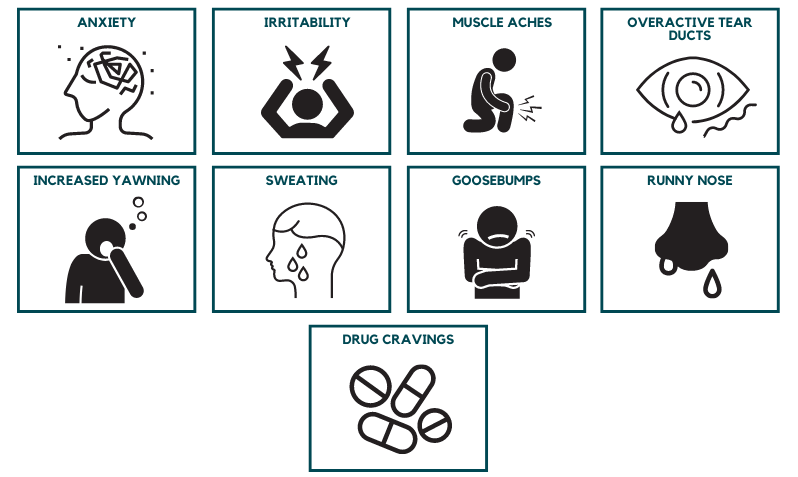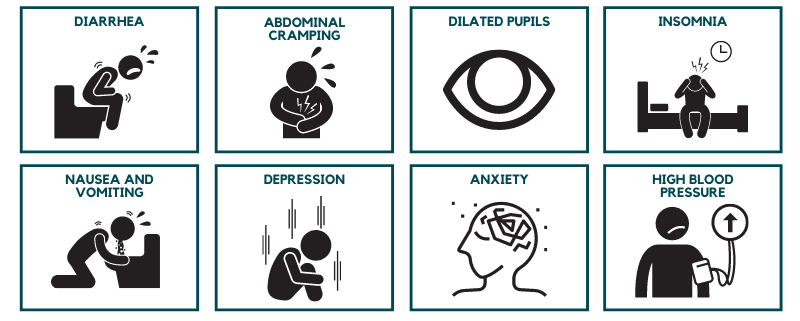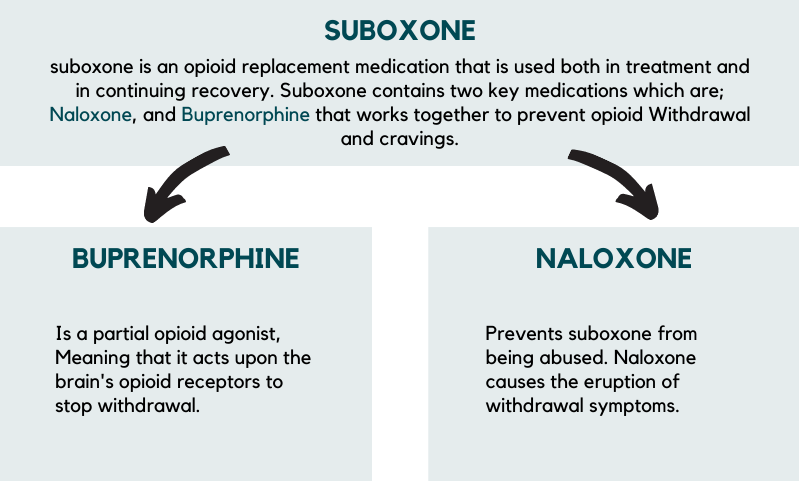
11 Aug What Happens During Heroin Detox: Symptoms, Timeline, and Treatment
The undeniably difficult withdrawal symptoms associated with heroin abuse make quitting the drug nearly impossible without professional help. Fortunately, patients who check into our heroin detox in Delray Beach have access to some of the best addiction doctors who can help treat many of these withdrawal symptoms. With the help of medications and emotional support, heroin withdrawal doesn’t have to be painful or uncomfortable. Instead, medical detox centers work to make the process as simple and pain-free as possible.
After someone abuses heroin for an extended period of time, their body will become physically dependent on the drug. This results in a variety of physical withdrawal symptoms that occur when an addicted individual stops using heroin. These flu-like withdrawal symptoms are so challenging to overcome that many people continue using heroin simply to avoid getting sick.
Whether you’re seeking treatment for heroin addiction for the first time or are no stranger to the pitfalls of withdrawal, our addiction professionals in Delray Beach are here to assist you with emotional and medical services throughout the heroin detox process.
Heroin Withdrawal Symptoms and Timeline
Withdrawal symptoms usually begin between 6-12 hours after a person’s last dose of heroin. Although the symptoms resemble those produced by opioid withdrawal, heroin withdrawal tends to come and go more quickly. As a result, most severe symptoms subside after 3-5 days and only minor symptoms will linger for the following weeks.
The heroin withdrawal timeline varies depending on several different factors, including:
- The amount of time a person has used heroin
- The dose a person is used to taking
- How often the person usually uses heroin
- The method of administration used (IV, snorting, shooting, etc.)
- The current state of physical and mental health
- Past experiences with drug or alcohol withdrawal
Although most withdrawal symptoms subside after a week at most, some heroin users will experience post-acute withdrawal symptoms (PAWS). PAWS refers to lingering symptoms that last anywhere from 18-24 months, including fatigue, mood swings, depression, anxiety, sleeplessness, memory loss, and more.
Typical symptoms of the early stages of heroin withdrawal include:[1]

- Anxiety
- Irritability
- Muscle aches
- Overactive tear ducts
- Increased yawning
- Sweating
- Goosebumps
- Runny nose
- Muscle aches
- Drug cravings
Later symptoms of withdrawal that may occur between 24-72 hours include:

- Diarrhea
- Abdominal cramping
- Dilated pupils
- Insomnia
- Nausea
- Vomiting
- Depression
- Anxiety
- High blood pressure
Even though heroin withdrawal is generally not life-threatening, it is difficult to go through alone. Instead, it is recommended that anyone who is addicted to heroin seeks out a medical detox center near them.
Treatment for Heroin Withdrawal
Heroin withdrawal can be treated on either an inpatient or outpatient basis, however, inpatient is generally preferred for heroin users. During heroin detox, clinicians are able to prescribe medications that reduce withdrawal symptoms and minimize drug cravings. Two of the most commonly prescribed medications are methadone and Suboxone (buprenorphine/naloxone).
Methadone works in similar ways as narcotic painkillers but is thought to be far safer. The drug changes the way the brain responds to pain while blocking the high from addictive drugs like heroin, morphine, and oxycodone. This helps prevent both withdrawal symptoms and cravings during detox. However, methadone abuse is fairly common, which is why most heroin detox centers in Delray Beach try to prescribe Suboxone over methadone.[2]
Suboxone contains buprenorphine and naloxone. Buprenorphine is a partial opioid agonist, so it binds to opioid receptors and blocks the effects of other opioids. As a result, the drug helps reduce withdrawal symptoms and cravings. Naloxone, on the other hand, is used to prevent Suboxone abuse. This is because taking opioids while on naloxone can throw a person into immediate and severe withdrawal symptoms. Therefore, Suboxone not only reduces withdrawal symptoms and cravings, but it also deters people from relapsing.[3]

Patients may begin taking these medications once the effects of heroin have worn off and they are experiencing moderate to severe withdrawal symptoms. Some people may continue using these medications throughout the duration of their treatment program while others will only use them during detox. Additionally, the use of Suboxone and methadone are accompanied with evidence-based therapies and peer support provided by the treatment center. These services help patients cope with the emotional distress that they may experience during heroin detox.
What to Expect During Heroin Detox
When patients first arrive at a medical detox facility, they will undergo a comprehensive medical and psychological evaluation. This helps to determine which medications, medical interventions, and psychiatric support are required for the individual.
Upon intake or admissions, you may be asked questions about:
- Your drug and alcohol use history
- Family medical history
- Any prescriptions you are taking
- Your mental and physical health
- What withdrawal symptoms you are experiencing
- Your history with substance abuse treatment
After completing your evaluation, you may be prescribed medications like Suboxone or Methadone to help you through the detox process. Throughout heroin detox, clinical staff will monitor your symptoms and be available to intervene in the event of an emergency at all hours of the day. In addition, you will have access to counseling and peer support groups.
Detoxing from heroin is only the first step towards recovery. In fact, many people who abuse heroin require long term, intensive treatment. After all, drug addiction affects the mind, body, and spirit – and detox is only addressing your physical symptoms. Instead, heroin addiction is treated with comprehensive therapy, relapse prevention, and peer support. At the end of your detox stay, an addiction specialist will work with you to develop an individualized treatment plan that meets your needs.
Get Help Today From Our Heroin Detox in Delray Beach, FL
Facing heroin withdrawal is scary, but you don’t have to do it alone. Our heroin detox center in Delray Beach, FL is equipped to help you through the withdrawal process and beyond. Whether you have been to treatment before and have fallen off track or this is your first time reaching out for help, our addiction treatment providers are available to treat your withdrawal symptoms and help you avoid relapse. To get started with a customized treatment plan just for you, contact us today.
References:
- https://medlineplus.gov/ency/article/000949.htm
- https://www.webmd.com/mental-health/addiction/what-is-methadone#1
- https://www.medicalnewstoday.com/articles/325827#how-it-works





